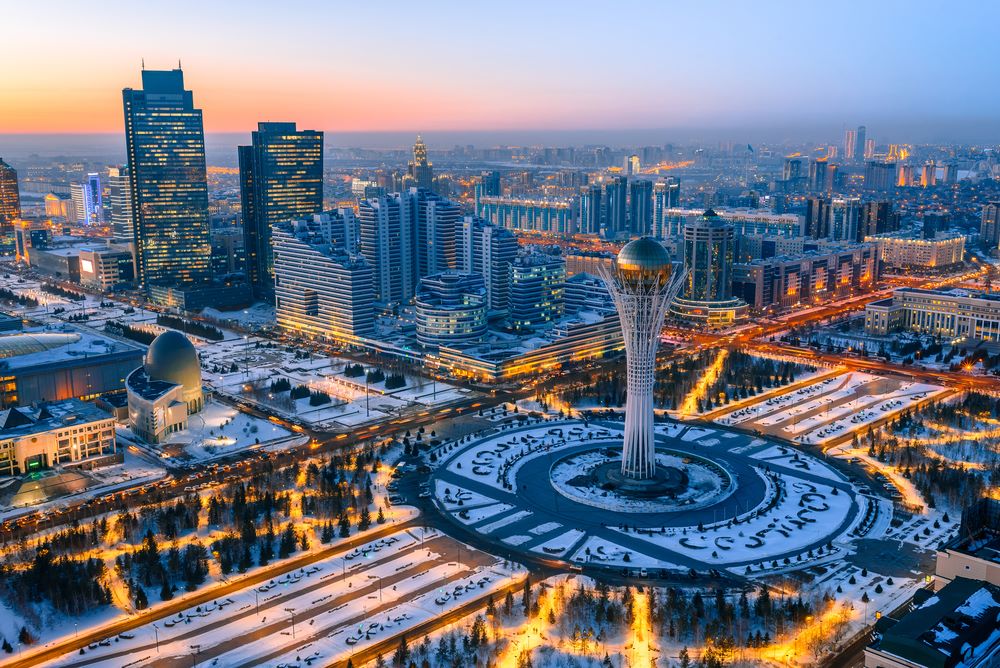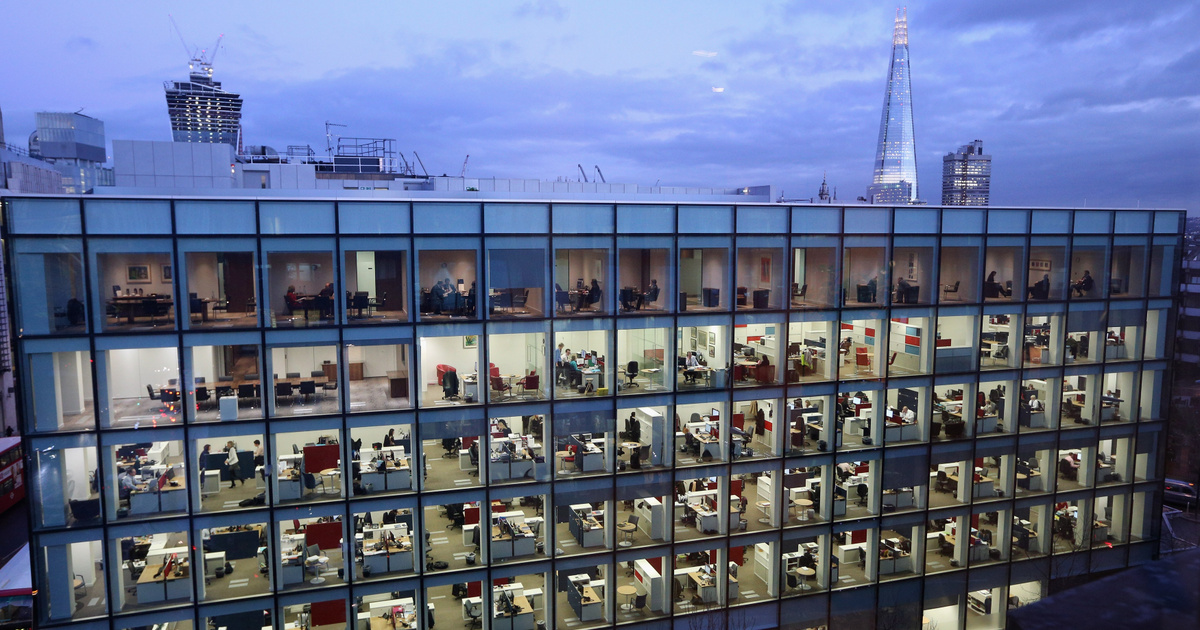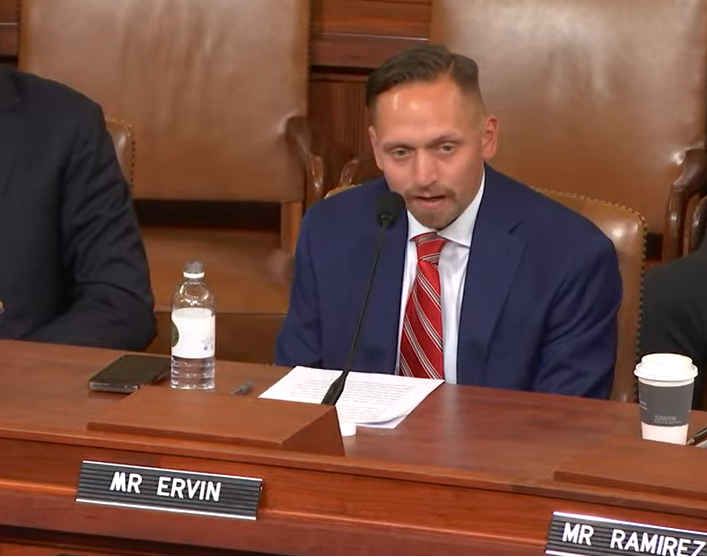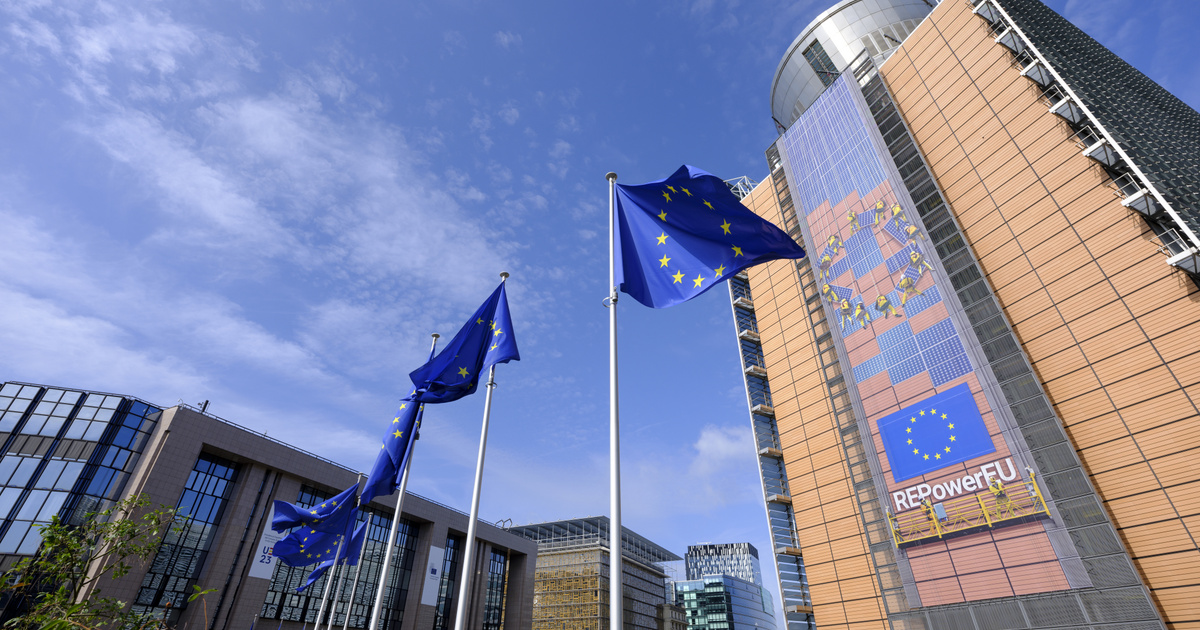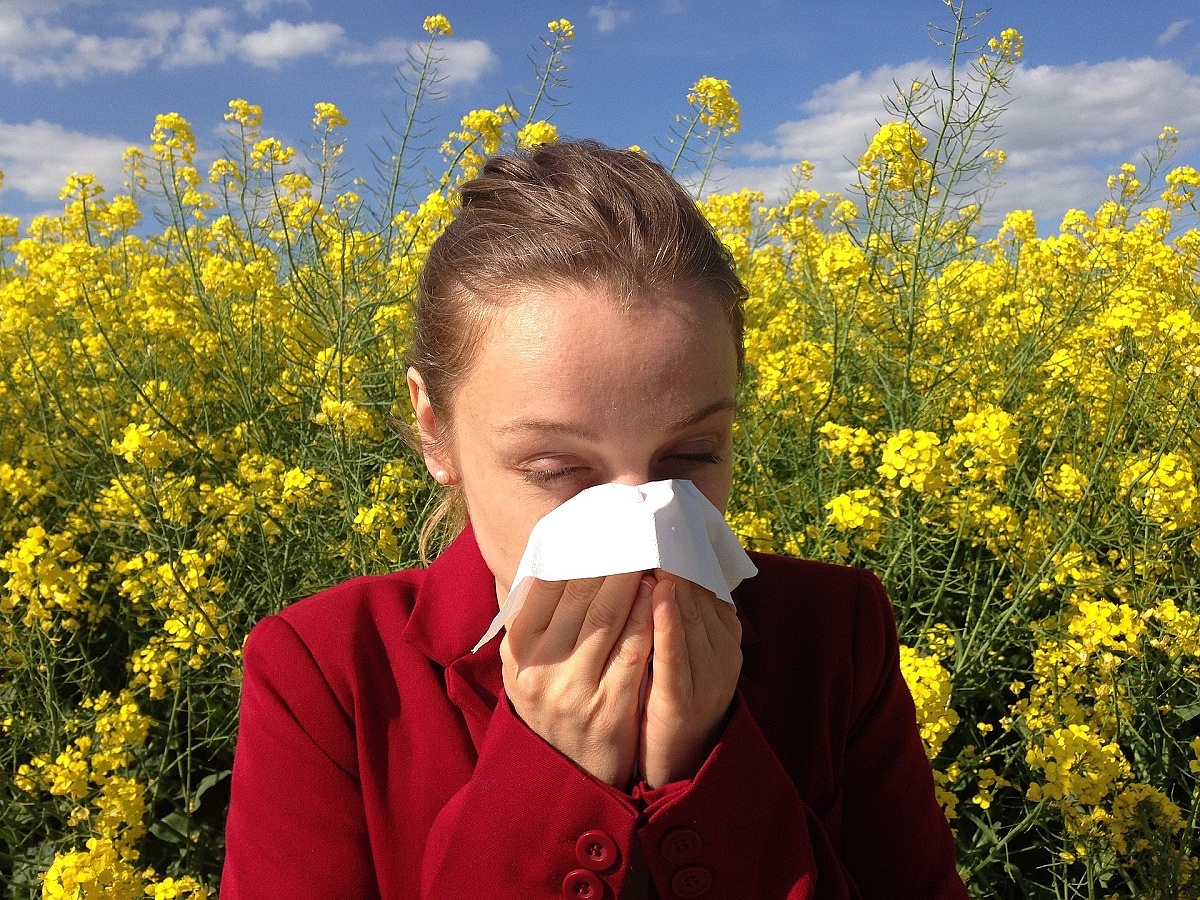Meteorologist Anna Case is looking at the effects of climate change on the ragweed and pollen season in his article Highlights: Climate change isn’t primarily responsible for allergic diseases, but it can make the situation worse, leading to more pollen and a longer allergy season.
This year it was a mild winter, so the pollen season in Hungary begins on January 13th. In addition to hazel, alder, cypress, and yew, ash pollen was also present in the air in the first month of the year. In addition, the vegetation period will be extended due to higher temperature values.
Pollen season starts earlier and earlier
The National Public Health Center (NNK) examined alder for 20 years and found that the pollen season moved earlier: between 2000 and 2010 it began on average on the 46th day, and after 2010 on the 25th.
- Not only does a higher carbon dioxide concentration affect it directly (through warming): plants’ photosynthesis increases, they can produce more flowers, and they can emit more pollen.
- In addition, climate change also promotes the emergence of invasive species, which is also unfavorable from an allergy point of view, as they can release pollen at a time when native species are not used anyway.
- Climate change can also affect indoor mold: With more frequent heavy rains, storms, and floods, buildings can become wetter and wetter. Mold can cause or worsen asthma.
It would be expensive if twice as many people had allergies
In the United States, between 2008 and 2013, the annual cost of medication for an asthma patient was $3,200, which is more than HUF 1.1 million at the current exchange rate.
According to simulations, the number of people allergic to ragweed will increase from 33 million to 77 million people in Europe by 2041-2060. In addition to the health risks, this can also mean additional financial hardship for allergy sufferers
The meteorologist shared some helpful tips for protection:
- Tracking pollen information and forecasts can help,
- wearing a mask
- Changing the route of transmission to reduce exposure to the allergen.
- Determine the priorities of the internal programs during this period
- Reducing or timing ventilation (after rain or in the evening, because then the pollen concentration is lower) can also help people with allergic conditions.
In addition to all this, of course, the goal is to reduce the concentration of carbon dioxide: by mitigating climate change, the crude exacerbation of the pollen allergy season can be reduced – emphasized the scientific fellow of the ELTE Meteorological Department.







